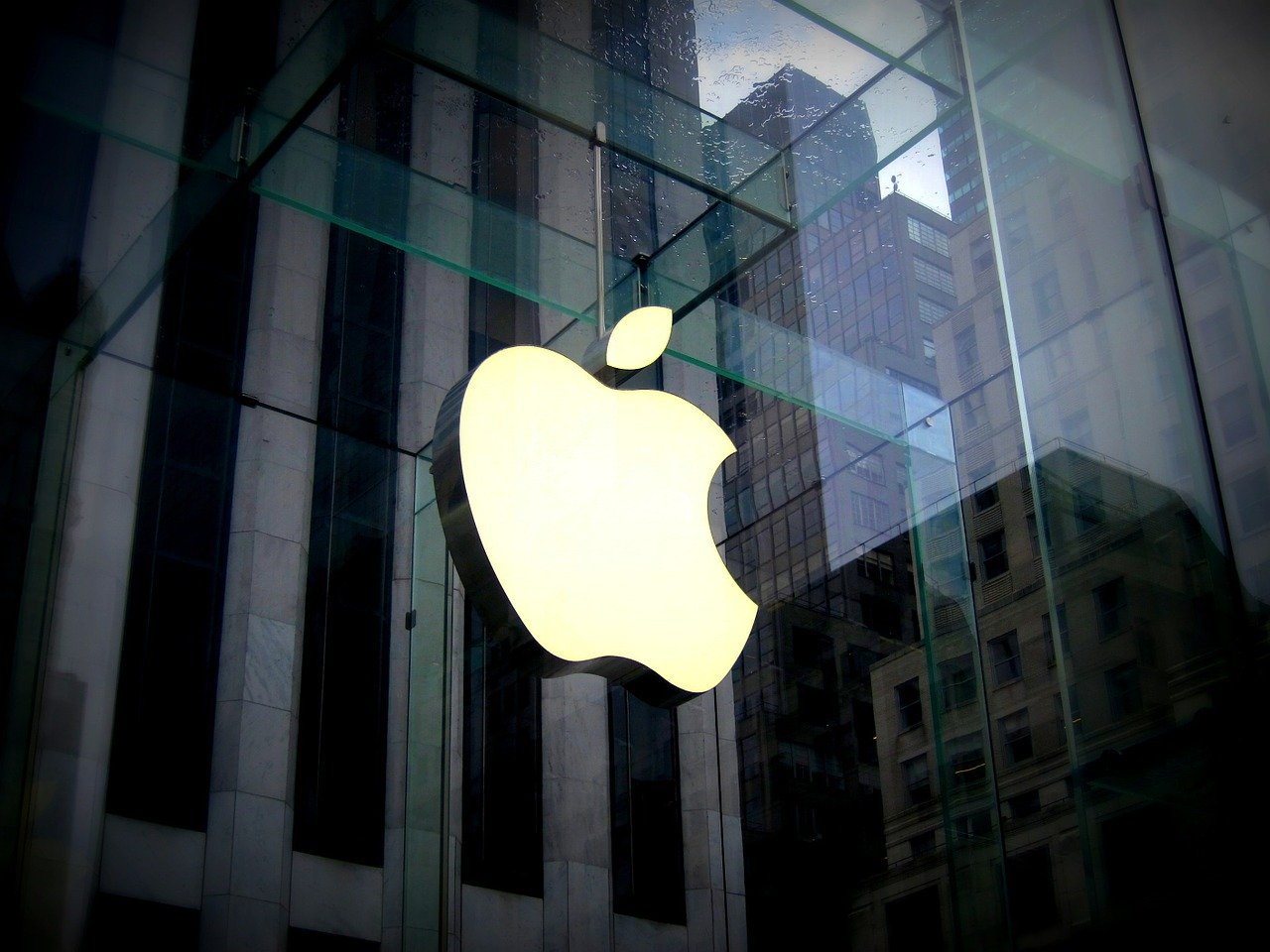
Tech giant Apple has become the first US company to reach a valuation of $2 trillion on the stock market after its share price hit $467.77 in mid-morning trading on Wednesday.
Apple was able to become the first US company to reach the $2 trillion valuation just two years after becoming the world's first trillion-dollar company in 2018.
The only other firm to reach the $2 trillion mark was state-backed Saudi Aramco after it listed its shares last December. However, the oil company's value has since fallen back to $1.8 trillion and Apple surpassed it as the world's most valuable traded company at the end of July.
The next most valuable company in the US is Amazon, which is valued at $1.7 trillion.
Apple's success
Despite the coronavirus pandemic's impact on its business, including the closure of retail stores and political pressure over its links to China, Apple's shares have increased by over 50% this year.
In particular, its share price has been twice as that of its low point in March, when the market was affected by the widespread panic around the virus.
The company posted strong third quarter numbers towards the end of July, which includes $59.7 billion of revenue and double-digit growth in its products and services segments.
Paolo Pescatore, a technology analyst at PP Foresight, called Apple's rapid share price increase as "an impressive feat within a short period of time".
Pescatore explained: "The last few months have underlined the importance of users and households alike to own better quality devices, connections and services and with Apple's strong broad portfolio of devices and a growing services offering, there are plentiful opportunities for future growth."
He added that the launch of gigabit connectivity broadband would give Apple "endless possibilities". He claimed: "All eyes are now on the eagerly anticipated 5G iPhone which will fuel further consumer demand."
Challenges
All the success Apple is experiencing is not without challenges.
In June, EU regulators announced formal antitrust investigations into the tech firm's App Store and Apple Pay system, following complaints by Spotify and Rakuten.
One of the investigations focused on the streaming companies’ claim that Apple is violating EU competition rules by requiring the use of its in-app purchase system to access music and books.
They added that Apple is also preventing apps from informing users about cheaper alternatives to purchase these content outside the App Store. Currently, Apple gets a 30% commission on all digital content sales through its in-app system.
According to EU officials, they are concerned that Apple’s practices may harm consumers by preventing them from benefiting from greater choice and lower prices. They conducted a preliminary probe and found that the competitors have passed on its fees to customers by raising prices, or disabled the in-app purchase systems entirely.
Apple is also facing a legal complaint from Epic Games over its decision to remove the popular game Fortnite from App Store and subsequently, its threat to remove Epic from its developer program.
The ban on Fortnite was imposed following a game update that allowed players to purchase in-game currency at a lower rate if they bought directly from Epic, effectively bypassing Apple.
Using the App Store, Apple takes a standard 30% cut of sales from its compulsory payment system. Apple said Epic had taken the “unfortunate step of violating the App Store guidelines”.
In its latest legal filing, Epic Games claims that it will be “irreparably harmed” by being completely removed from Apple’s developer program.
Its removal from the developer program means that its Unreal Engine, a popular graphics tool widely used by third-party developers of other games, films and virtual reality, will also be included in the ban, forcing the other developers to find an alternative tool.
Apple argued that the rules applied to every app in the store and Epic had created the problem for itself by choosing to break its policies. The company said: “We won’t make an exception for Epic because we don’t think it’s right to put their business interests ahead of the guidelines that protect our customers.”






